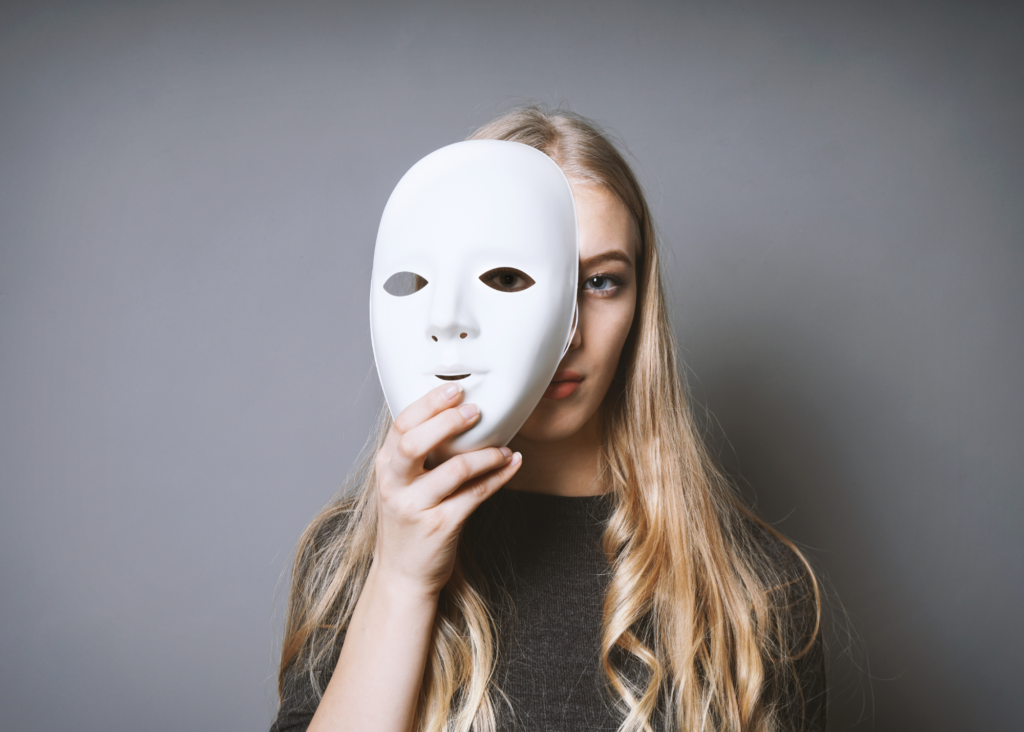
The holiday season is upon us, yet, for so many, that means becoming anxious when in social situations.
I wonder if you experience social anxiety at times and think about ways that you might avoid being around others.
For most, the fear of being around others and wanting to feel accepted, while at the same time being afraid of saying just the right things, began very early in life and may continue to the present.
I remember as if it were yesterday my first social situation that created fear and anxiety when I was young. I was invited to my friend Gary’s Birthday party when I was in in 5th grade at Rancho Elementary School. This was my first ‘formal’ party at someone’s house and I was absolutely terrified to go. I felt so sell-conscious and was afraid that I would say something stupid or not look right that I resisted until the very last moment to attend the party. With a gentle, but firm, encouragement from my mom, I said yes and showed up.
I wish that I could say it was really not that bad and that I was at ease and the hit of the party. Unfortunately, that wasn’t the case. I remember looking for places to hide so I wouldn’t have to talk and was so relieved when it was time to go home! i was just so sure others would think negatively of me. (This fear actually became the basis of my past fear of public speaking!)
I share this story because so many of my community and in my workshops might assume I really don’t know what it can be like to be anxious around others or when I speak in public. Nothing, however, could be further from the truth.
I would like to share some strategies that have helped me over the years to manage and overcome social anxiety.
Whether it’s speaking in public, meeting new people, or participating in group activities, these ten tips can provide guidance on how you can navigate social situations more comfortably.
1. Set Realistic Goals: Instead of aiming for perfection, set achievable goals for social interactions. Celebrate small victories, like initiating a conversation or speaking up in a group, to boost confidence gradually.
2. Slow Exposure: Start small. Gradually expose yourself to the situations that make you anxious. Begin with less intimidating scenarios and work your way up. This gradual exposure helps build confidence over time.
3. Positive Self-Talk: Challenge negative thoughts. Quiet your inner, critical self-talk. Replace anxious thoughts with more rational and positive ones. Remind yourself of past successes and focus on your strengths.
4. Breathing and Relaxation Techniques: Practice deep breathing or mindfulness exercises to calm your mind. These techniques can help regulate your body’s response to anxiety, making it easier to cope in social settings.
5. Understanding Triggers: Identifying what triggers your anxiety is the first step. Is it large crowds, one-on-one conversations, or specific social events? Understanding these triggers can help you prepare and gradually desensitize yourself to them.
6. Seek Support: Don’t hesitate to seek support from friends, family, an anxiety coach or a therapist. Talking about your feelings and experiences can provide valuable perspective and emotional support.
7. Preparation Is Key: Prepare for social situations in advance. If you’re anxious about a specific event, rehearse what you might say or do. Having a plan can ease anxiety and increase your confidence.
8. Focus Outward: Shift the focus from your internal worries to the people or environment around you. Engage in active listening, ask questions, and show genuine interest in others. This helps redirect attention away from anxious thoughts.
9. Accept Imperfection: Accept that nobody is perfect, and social interactions don’t always go as planned. Learn from each experience, even if it feels uncomfortable. Embrace the learning process.
10. Celebrate Progress: Acknowledge and celebrate your progress, no matter how small. Overcoming social anxiety is a journey, and every step forward is a significant achievement. Reward yourself for facing your fears.
Remember, progress is not always in a straight line. There will be ups and downs. The goal, however, to commit to doing things differently this Holiday season.
There might even be setbacks, and that’s okay. As I left my friend Gary’s party, I felt terrible about myself. I learned, through a commitment to overcome my fears, to be patient and kind to myself over the years as I took control of my anxiety.
Overcoming social anxiety takes time, but with persistence and the right strategies, you can build confidence and find greater ease in social situations.
If these tips feel overwhelming, start with just one or two that resonate with you the most. Small steps can lead to significant changes in managing social anxiety. You’re not alone in this journey, and there’s always help available whenever you need it.
So
many of my coaching clients who only last year were anxious and scared
at socializing share with me now how they continue to feel less anxious
and actually are looking forward to enjoying time with others more than
before.
Let’s all commit to making this Holiday season one in which we do things just a little bit differently.

Please note: I reserve the right to delete comments that are offensive or off-topic.